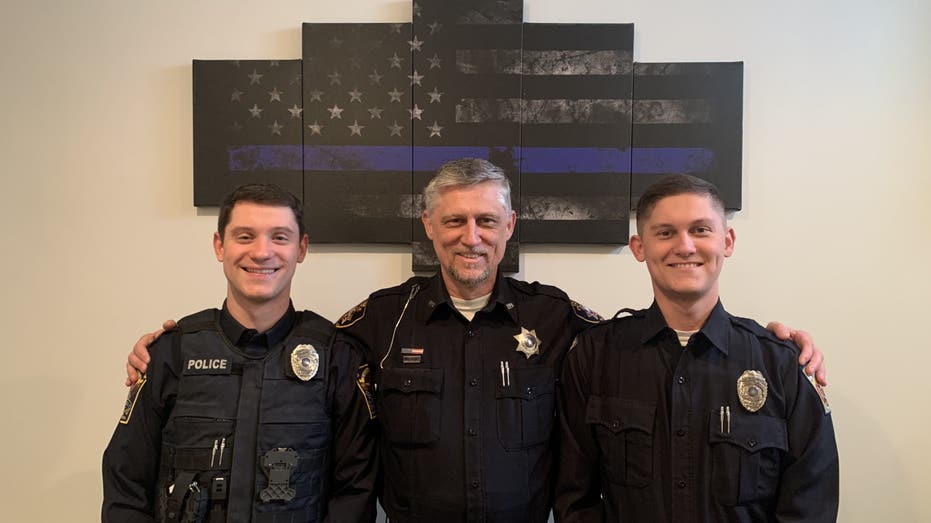Tragic Suicide of Young Officer Sparks Calls for LASIK Transparency

Sarah Johnson
May 26, 2025
Brief
A young officer’s suicide after LASIK complications raises questions about the procedure’s risks, as his family demands transparency and accountability from the industry.
In a heartbreaking turn of events, Ryan Kingerski, a 26-year-old Pennsylvania police officer, took his own life in January 2025, just five months after undergoing LASIK eye surgery. His parents, Tim and Stefanie Kingerski, describe their son as a vibrant, witty soul who lit up every room. "Ryan was the kind of guy who’d help a stranger without a second thought," Stefanie shared, her voice heavy with grief. But the procedure, meant to free him from glasses, spiraled into a nightmare of debilitating complications that his family believes drove him to despair.
Ryan, a Penn Hills Police Department officer, followed his father’s footsteps into law enforcement alongside his twin brother, Jacob. He loved golf, cherished time with his girlfriend, and had a contagious passion for life. But after LASIK in August 2024, his world dimmed. "Something wasn’t right," he told his parents on the drive home, his right eye blurry. What followed was a cascade of symptoms—severe headaches, double vision, starbursts, and halos—that left him a shadow of his former self.
His parents allege the surgery caused "higher-order aberrations," distortions that plagued Ryan’s vision. A corneal specialist later revealed his corneas were too thin for LASIK, a red flag that should have disqualified him. "They should’ve caught it," Stefanie said, her frustration palpable. Despite seeking multiple specialists, Ryan found no relief, only assurances to "give it time." As his condition worsened, he withdrew from the activities he loved, consumed by the relentless visual disturbances. His final note read: "LASIK took everything from me. I can’t take it anymore."
The Kingerskis are now on a mission to expose what they see as a dangerous gap in the LASIK industry’s transparency. They’ve filed a complaint with the FDA, which acknowledged under-reporting of complications by clinics. "We want accountability," Tim insisted, pointing to a consent process that glosses over severe risks. Their story isn’t isolated—families across the country have shared similar tales of post-LASIK despair, including the 2018 suicide of Michigan meteorologist Jessica Starr and Texas student Max Cronin in 2016, both linked to LASIK complications.
Yet, the industry defends LASIK’s safety. The Refractive Surgery Council cites data showing serious complications in less than 1% of cases, urging patients to choose qualified surgeons and understand their candidacy. Dr. James Kelly, a New York ophthalmologist, notes that dry eye, the most common side effect, is treatable, and no peer-reviewed studies link LASIK to higher suicide rates. Still, the American Academy of Ophthalmology cautions that LASIK isn’t for everyone, urging thorough consultations with qualified professionals.
Ryan’s parents aren’t swayed by assurances. They see a system that failed their son, promoting a procedure as safe while downplaying its potential to devastate lives. "This isn’t just about Ryan," Stefanie said. "It’s about making sure no one else loses everything to a choice they thought was simple."
Topics
Editor's Comments
Here’s the kicker: LASIK’s sold as a quick fix, but for some, it’s like signing up for a lifetime of seeing stars—literally. Ryan Kingerski’s story isn’t just a tragedy; it’s a warning label the industry forgot to print. Why’s the FDA playing hide-and-seek with clinic reports? If your eye doctor’s consent form reads like a car lease, maybe it’s time to keep the glasses.
Like this article? Share it with your friends!
If you find this article interesting, feel free to share it with your friends!
Thank you for your support! Sharing is the greatest encouragement for us.



